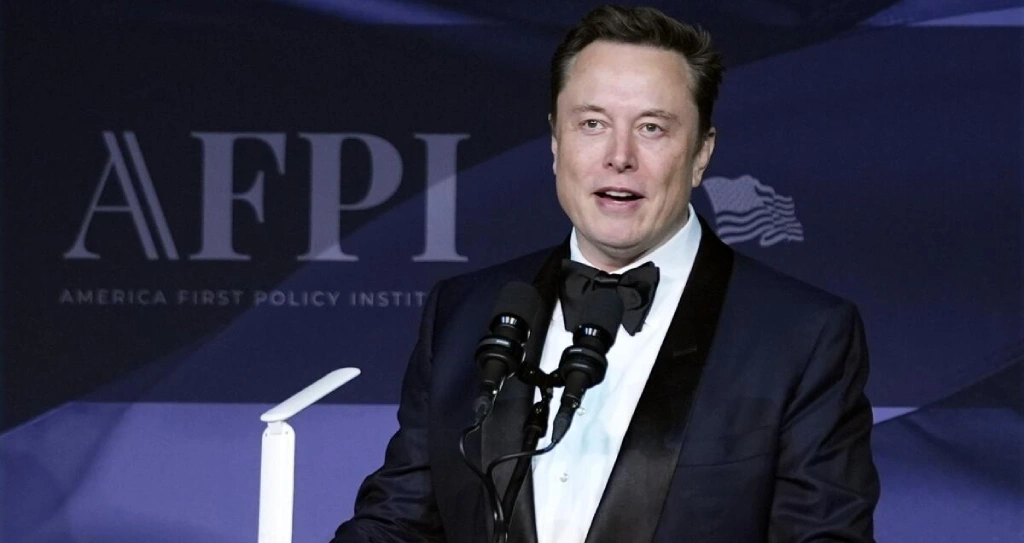President Trump recently increased the cost of hiring foreign workers through the H-1B program. In a massive increase from the current lottery registration price of $215, the White House said Friday that Trump had signed a proclamation requiring firms to pay a whopping $100,000 fee for new H-1B visa applications.
H-1B visas enable U.S. employers to employ foreign nationals in professions such as information technology, engineering, mathematics, or medicine that generally call for technological know-how. A total of 65,000 new visas are granted each year under the scheme, plus an extra 20,000 for international graduates who have earned advanced degrees from American universities. Usually valid for three years, the visas are granted through a lottery system, although holders have the option to extend them or seek for green cards.
The administration’s new move is designed to crack down on what it calls widespread abuse of the program, which it blames for displacing American workers. According to the White House, the share of IT workers with H-1B visas has skyrocketed from 32% in 2003 to over 65% today, while unemployment among recent computer science graduates has hit 6.1%.
Silicon Valley will undoubtedly be up in arms over the initiative. The restrictions take aim at a program that helped create some of the region’s biggest success stories.
Elon Musk, who has been Trump’s close supporter for the majority of this year, came to the United States as a student and first worked there on an H-1B. The reason I am in America with so many important people who developed SpaceX, Tesla, and hundreds of other firms that made America strong is because of H1B, Musk really tweeted in December in response to a purported critic of the program on his platform X. F*** YOURSELF in the face and take a giant step back. I shall wage war on this problem, which is beyond your comprehension.
Mike Krieger, the Instagram co-founder turned Chief Product Officer at AI giant Anthropic, is one of those aforementioned success stories. The Brazilian-born Stanford grad worked at the early instant messaging platform Meebo on an H-1B visa.
“Increasing the annual cap of H-1B visas issued each year to educated and highly skilled immigrants who work in jobs that require a substantial amount of technical and specialized training is fundamental to generating more successful immigrant-founded companies,” the National Venture Capital Association argued earlier this year in a letter to the National Science Foundation.
The NVCA noted that while “H-1B visas are not ideal for immigrants who want to immediately found companies in the U.S., they are still critically important for the success of immigrant founded companies because they provide valuable work experience and widen the pipeline of potential immigrant startup founders.” (The H-1B’s employer-employee requirement makes it practically impossible for founders to obtain directly, forcing them to spend years tied to employers before getting green cards that let them launch their own startups. When Krieger wanted to co-found Instagram in 2010, transferring his visa took months, and he has said he almost abandoned the startup before it launched due to those complications.)
On Friday, tech leaders on X were already warning about talent fleeing to more welcoming countries. And Amazon, Google, and Microsoft have reportedly told employees with H-1B visas to avoid foreign travel and remain in the United states for now.
In the meantime, in its proclamation on Friday, the Trump administration went full bore on its criticism of the program, pointing to specific companies that approved thousands of H-1B workers while simultaneously laying off American employees. According to the White House fact sheet, one unnamed company received approval for 5,189 H-1B workers this fiscal year while cutting roughly 16,000 U.S. jobs.
There is some leeway in the proclamation, which claims to have its roots in an attempt to “defend our national security.” If it is judged to be in the best interests of the country, there may be exceptions made on an individual basis.
It also directs the Labor Secretary to revise wage requirements to prevent undercutting American salaries.





Leave feedback about this